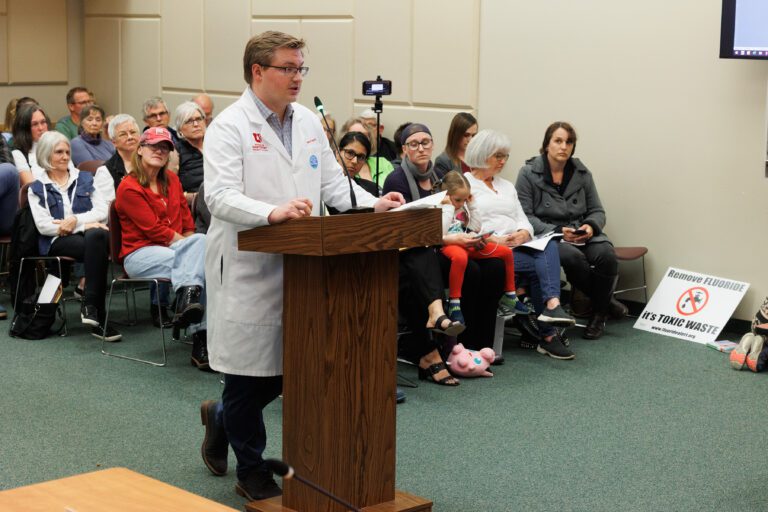OLYMPIA — Washington lawmakers approved a $64.1 billion supplemental budget and a nearly $17 billion transportation revenue package before adjourning their 60-day legislative session late Thursday.
The spending plan cleared the Democratic-led House on a 57-41 vote after a lengthy debate, then quickly passed the Senate, also held by Democrats on a 29-19 vote.
Democratic Sen. Christine Rolfes praised the plan’s budget, calling it “extraordinary.”
“With unexpected revenues and federal funds, we have the opportunity to bring our entire state out of the pandemic and into a stronger future,” she said.
The budget now heads to Gov. Jay Inslee for his signature.
The changes to the current two-year state operating budget were released publicly Wednesday following negotiations between House and Senate Democratic budget writers. In addition to state funds, the budget uses more than $1 billion of COVID-19 federal relief funds.
The compromise budget builds off of the $59 billion, two-year spending plan adopted by the Legislature last year and is similar to initial proposals released last month by both chambers.
There’s significant spending in a variety of areas, including efforts to reduce homelessness and to add more social supports for students, such as nurses and counselors. It puts more money toward the ongoing pandemic response, including rental and utility assistance for people who are trying to avoid eviction.
While there are no general tax increases, there also aren’t any across-the-board tax cuts — something Republicans said should have been in the spending plan given the significant influx of revenues the state has seen over the past year.
“With this massive surplus that we have, to provide no meaningful tax relief does a disservice to the very people we represent, in a time of rising inflation and rising prices and energy prices that are out of control,” said Republican Rep. Drew MacEwen.
A small business tax credit was included, which budget writers say will affect about 125,000 small businesses in the state.
Starting next January, businesses making less than $125,000 a year would pay no state business taxes. For those making up to $250,000 a year, business taxes will be cut in half.
The operating budget transfers more than $2 billion to the nearly $17 billion transportation revenue package, which passed both chambers earlier Thursday. That package spends on projects ranging from building new hybrid-electric ferries and funding more walking and biking corridors, to highway maintenance and replacing fish passage culverts. Funding is also provided to ensure that those aged 18 and younger can ride for free on public transportation.
Unlike previous packages that have included gas tax increases, the plan gets a bulk of its funding — $5.4 billion — from a carbon pricing program signed into law last year. It requires the state’s largest emitters, like refineries, to purchase credits for allowed emissions if they exceed a cap set by regulators.
Lawmakers had already reached an agreement on a $1.5 billion state construction budget that spends on areas ranging from housing, homelessness, behavioral health facilities, and seismic upgrades at public schools. That budget cleared both chambers with unanimous support this week and is headed to Inslee for his signature.



